2010, Laura Grace Weldon
All rights reserved. No part of this book may be reproduced in any manner without written permission from the publisher, except in the case of quotes used in critical articles and reviews.
Cover design: Adi Zuccarello, www.adizuccarello.com
Layout and Interior Design: Zachary Parker, Kadak Graphics, www.kadakgraphics.com
Library of Congress Cataloging-in-Publication Data
Weldon, Laura Grace.
Free range learning : how homeschooling changes everything / Laura Grace Weldon.
p. cm.
Includes bibliographical references and index.
ISBN 978-1-935387-09-1 (trade paper : alk. paper)
1. Home schooling. I. Title.
LC40.W45 2010
371.042dc22
2010006787
HOHM PRESS PO. Box 2501
Prescott, AZ 86302
800-381-2700
http://www.hohmpress.com
This book was printed in the U.S.A. on recycled, acid-free paper using soy ink.
With love to Benjamin, Claire, Kirby and Sam.
acknowledgements
Im honored to present contributions from people around the world on these pages, making this work a mutual conversation about authentic learning experiences. Thank you to each person who shared their words and photos with me. My gratitude to Helen Hegener for this books beginnings and all she does for educational freedom each day. Many thanks to the kindest editor ever, Regina Sara Ryan, and to everyone at Hohm Press for bringing this book into being. Boundless appreciation to my extended family and my friends, each one an inspiring example of lifes possibilities. I give thanks for the parents life gave me, Earl and Grace Piper. Their support and strength of spirit continues to bless me daily. And to Mark, love of my life, thank you for believing.
Introduction
We all have the extraordinary coded within us, waiting to be released. Jean Houston
A childs wonder is a precious thing. Kept alive, it remains a lifelong wellspring of curiosity, awe and heightened awareness. The challenge is to live in such a way that wonder is not smothered.
Each baby is born with unique capabilities. Ideally the child grows toward his or her potential as children have throughout timethrough observation, exploration and hands-on learning. Learning happens constantly. Naturally. The inborn drive to gain meaningful first hand experience is often at odds with the predetermined course set before todays students. Many styles of homeschooling foster greater comprehension than the typical school environment. Thats because experiential learning, along with the guidance of parents and other elders, is precisely the education known throughout the majority of human history. This is how we as a species learn best. Schooling is the experiment.
As homeschooling parents we can take into account individual learning styles, innate skills and interests to bring out the best in each child without being restricted by the dictates of any institution. We can educate as easily as we breathe simply by remaining fully present to our childrens questions and enthusiasms. The homeschool-ing childs life is filled with conversation, music, play, stories, struggles and overcoming struggles, chores, laughter and the excitement of examining in depth any of the rich wells of knowledge that humanity has to offer.
Each of us needs to feel we belong, that our relationships are of value and our efforts have purpose. We cant expect any one institution to meet these needs. Homeschoolers take responsibility for learning back to the family realm but do so in the context of the larger community where each child grows whole and strong within a vibrant network. As we nurture children who learn eagerly we help them to mature into adults fully suited to meet the challenges of the future.
Homeschooling families have time for quiet days at home as well as time for community involvement. We know that new endeavors spark enthusiasm and develop confidence. As we seek out wider ways of learning, we collaborate with people and organizations in ways that benefit all of us. Those benefits include civic engagement, volunteerism, environmental awareness, cultural growth, entrepreneurial reinvigoration and more.
Studies indicate that adults who were home-schooled:
- Are more likely to vote, volunteer and be involved in their communities than graduates of conventional schools.
- Read more books than average.
- Are more likely to have taken college level courses than the population as a whole.
- Tend to be independent and self-reliant.
Nowadays homeschooled youth are gaining recognition as innovative, self-directed thinkers with diverse experiences. By the time they reach adulthood they are blessed with an appetite for lifelong learning.
This book helps you see the potential in meaningful, real-life learning. It builds trust in your childs abilities. It encourages you to network with others so that the possibilities for enrichment continue to grow, making your community a better place for everyone. And it speaks to the wider implications of free range learning for the individual as well as society. Perhaps youll agree that homeschooling is a form of collective intelligence, even a sign of cultural awakening.
First-hand accounts from homeschoolers around the world can be found throughout this volume, generally identified by name and country or state. These contributions provide the wisdom gained from experience, and will hopefully serve to encourage and inspire you.
PART ONE
 CHAPTER ONE
CHAPTER ONE
natural Learning Happens Everywhere
Overview of Natural Learning
To be surprised, to wonder, is to begin to understand.
Jose Ortega Y Gasset
Children want to be involved in the fullness of life around them. Thats the way they naturally learn. As they imitate what they see, they gain greater understanding. A tribal child will fashion a fishing net from the same fibers shes seen her mother use. A suburban child will use hammer and nails to make repairs as his father does. Throughout time, children have become capable adults by observing and participating in real work.
Children develop deeper understanding through stories, religion, art and conversation with their elders. They are drawn to what is meaningful. Often they like to hear the same things over and over, as if recognizing what they need even if they cannot fully grasp the richness of these traditions until they are older.
And, of course, children play. Play is generative, transforming the ordinary into something unique. It also imparts advanced social skills and a creative approach to life.
These many ways of learning are ingrained, a human legacy from prehistory.
If learning is imposed by hours of worksheets or computer curricula, children are separated from rich stimuli that inspire them to connect ideas and to develop meaningful competence beyond test readiness. This doesnt imply that using curricula is always wrong, it simply means that children need more. Much more. Real experiences help them build understanding, incorporate new information, and make the aha connections that are the hallmark of insight.
John Holt describes the process of natural learning in How Children Learn.
The child is curious. He wants to make sense out of things, find out how things work, gain competence and control over himself and his environment, do what he can see other people doing. He is open, receptive and perceptive. He does not shut himself off from the strange, confused, complicated world around him. He observes it closely and sharply, tries to take it all in. He is experimental. He does not merely observe the world around him but tastes it, touches it, hefts it, bends it, breaks it. To find out how reality works, he works on it. He is bold. He is not afraid of making mistakes. And he is patient. He can tolerate an extraordinary amount of uncertainty, confusion, ignorance, and suspense.

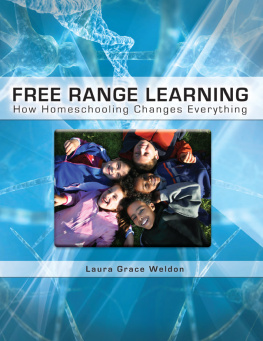
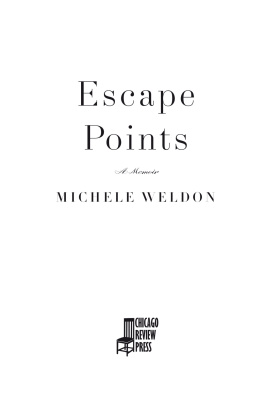


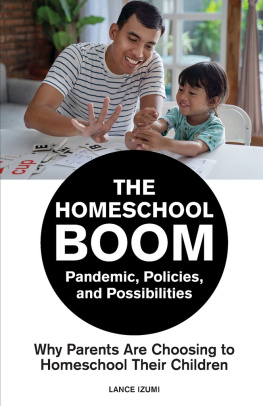
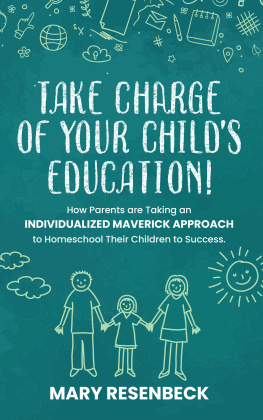
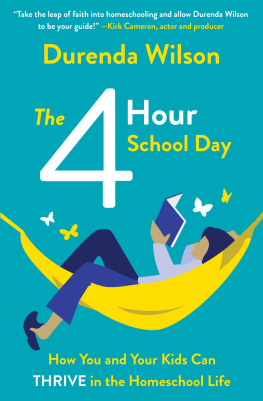
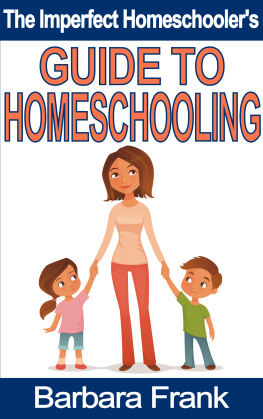
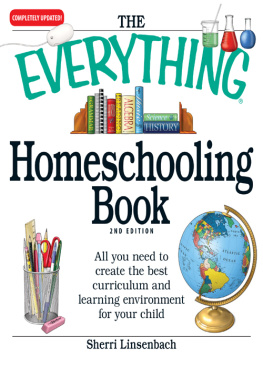
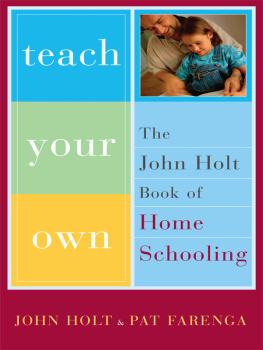
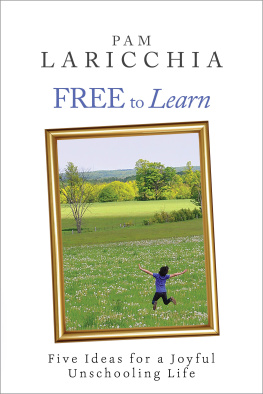
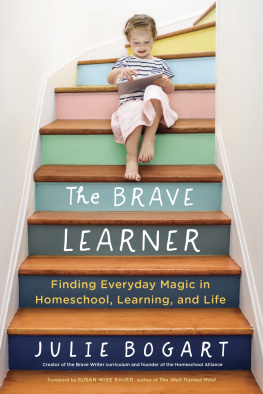
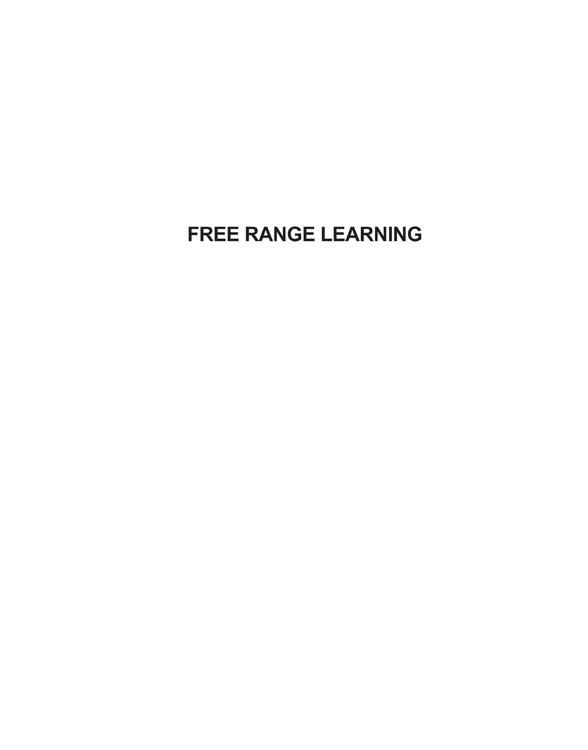
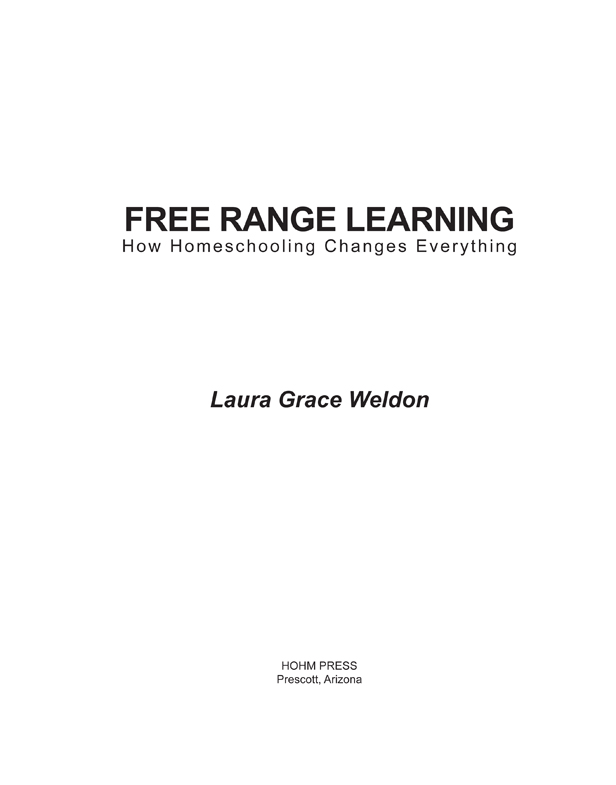
 CHAPTER ONE
CHAPTER ONE